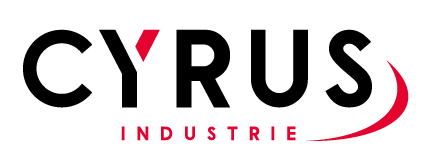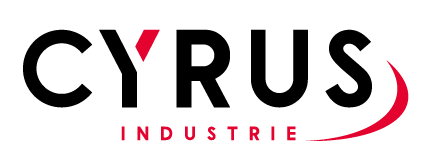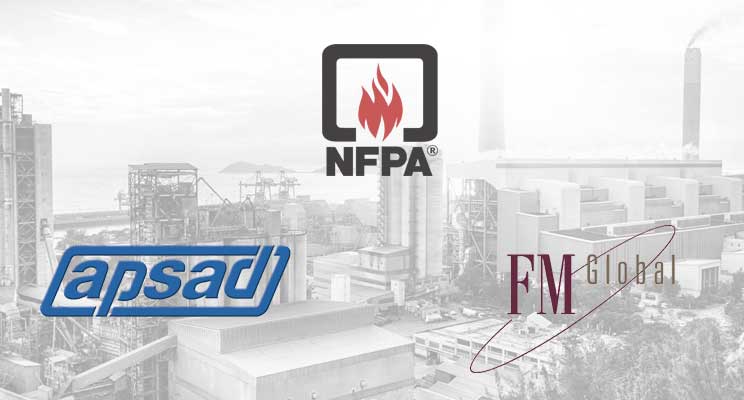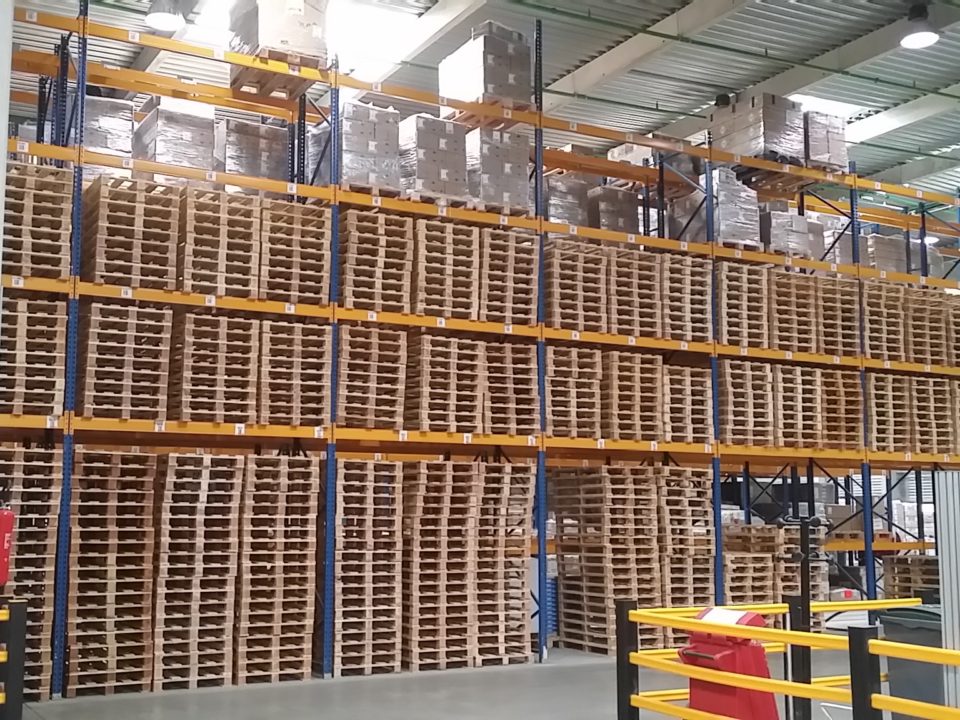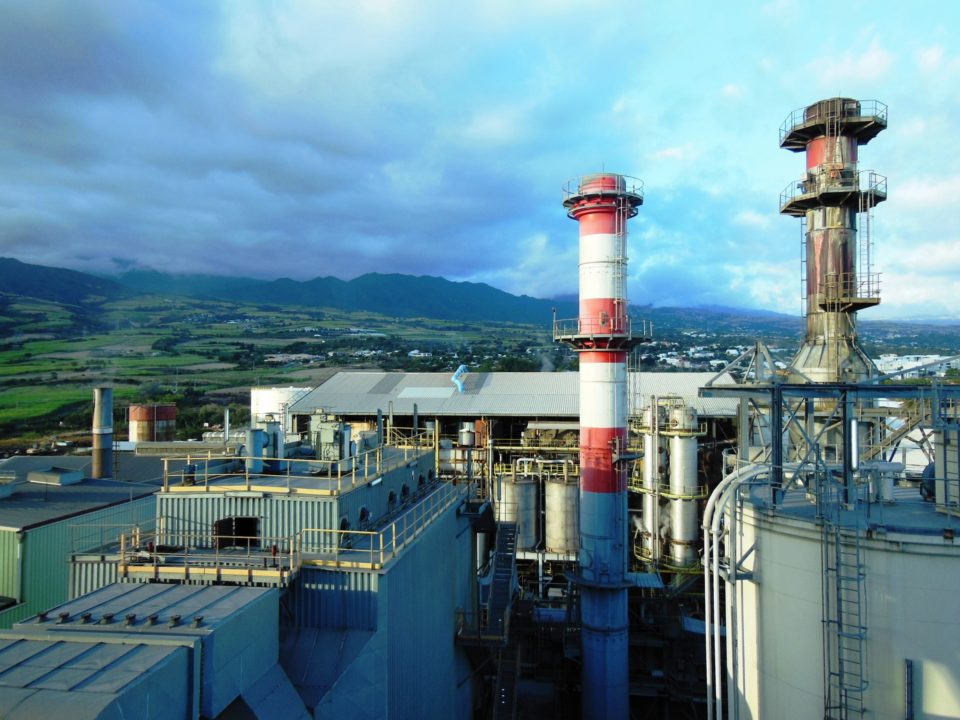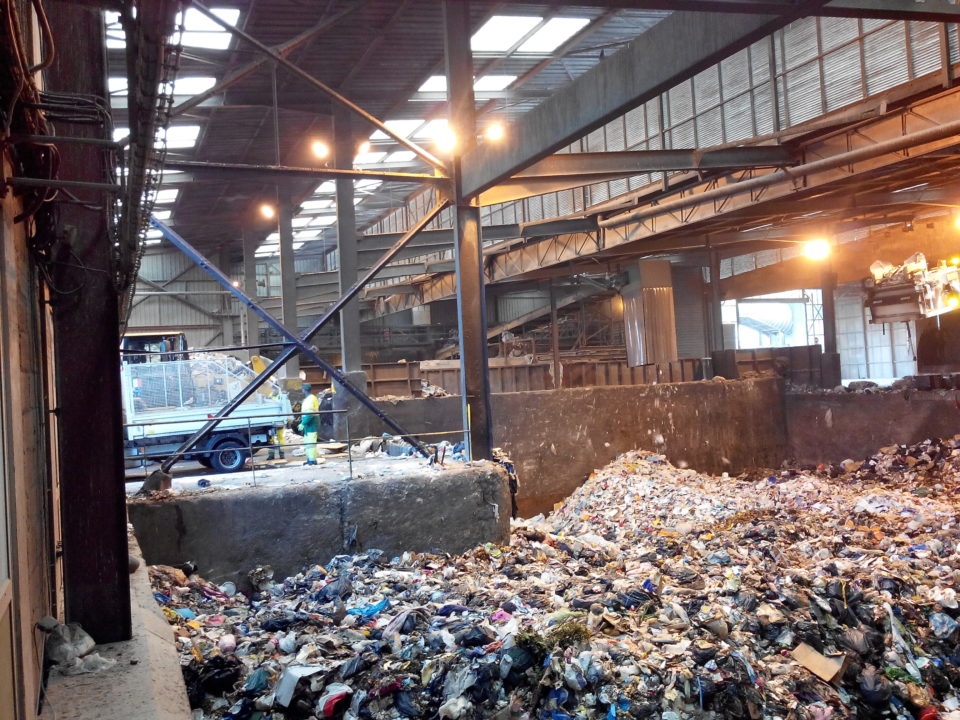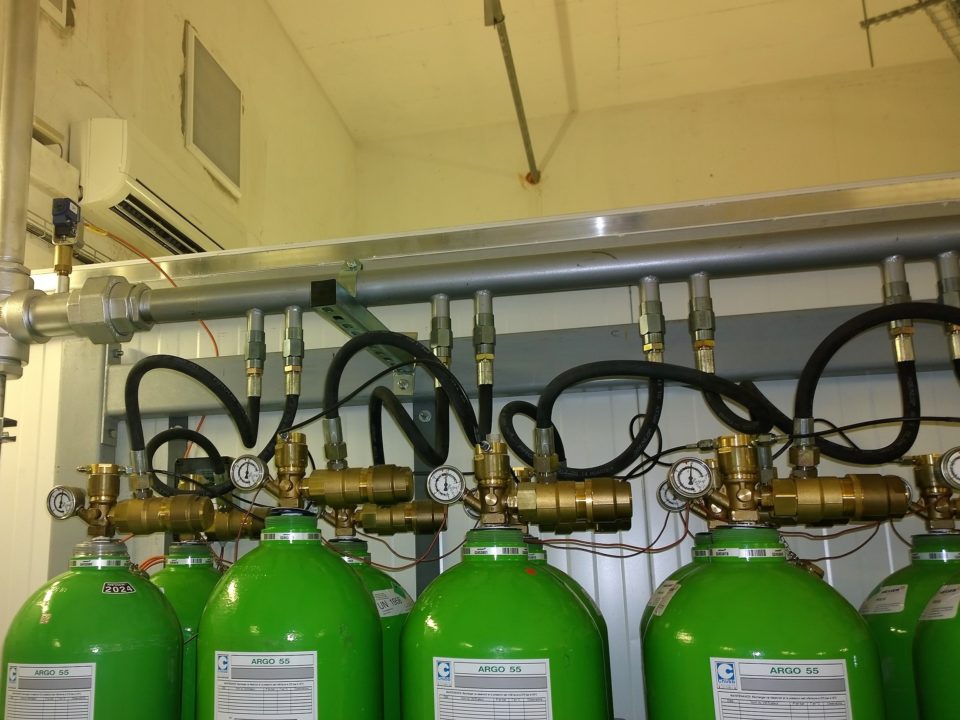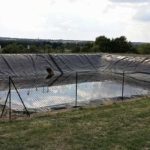
New French benchmark for external fire control (15/12/2015)
4 April 2016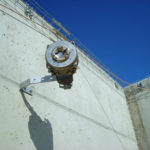
Fire detection at the core of the waste treatment and recycling sector
11 September 2017Implementing Fire Safety Systems
Fire is the leading cause of industrial accidents. It poses risks in terms of human safety and loss of production, making fire protection a priority issue for businesses. Insurers recommend that businesses implement active and passive fire protection systems as well as those required by the French Labour Code and regulations on facilities classified for environmental protection (ICPE).
Businesses that implement a fire protection system reduce and prevent the risk of losses occurring and insurers are thus willing to reassess the cover and policies that they can offer them.
Fire protection: Standards recognised by insurers
For an accurate assessment of fire risks and the means of prevention, insurers rely on recognised and regularly updated sets of standards.
• The APSAD standards are published by the French National Centre for Prevention and Protection (CNPP). The purpose of these regulations is to harmonise risk prevention for the insured. Only businesses certified by the CNPP can install fire protection systems and issue a certificate of compliance once installation is complete.
The APSAD regulations are a series of technical standards developed in conjunction with the various safety actors. These regulations meet insurance company requirements and in many cases act as reference documents for APSAD certification at department level.
In France, APSAD regulations are very often applied for the design, implementation and maintenance of fire protection systems, which has led them to be considered as the industry standard for France.
• The National Fire Protection Association (NFPA) is a US international nonprofit. Its primary function is the development and regulation of safety standards. The main objective of the NFPA is to protect against fire, however the body also addresses other building and environmental hazards. A number of NFPA regulations have been translated into French by the CNPP.
Insurers may, if they wish, adopt NFPA regulations as their standard. In France, these regulations are mainly used by multinationals and for certain aspects not covered by any French regulation. Hence, NFPA standards are especially recommended for fire protection in industrial sectors.
Where NFPA standards are to be applied, an AHJ (Authority Having Jurisdiction) must be designated. The aim of the AHJ is to ensure the safety of persons as well as the protection of industrial buildings at risk from fire. It is therefore important that both the project manager and project owner understand the AHJ’s role with respect to the protection of buildings against risks.
· Factory Mutual Global (FM Global) is a US-based mutual insurance company which assists businesses worldwide, especially multinationals. The company carries out its own scientific research, approves fire protection equipment (FM Approvals) and publishes its own installation regulations (FMDS – Factory Mutual Data Sheet). On the operational side, FM Global assesses the risks of its policy holders, appointing a project engineer to produce protection system recommendations. The contractor responsible for implementing the fire protection project must submit its designs for validation by the insurance company before commencing the work. Upon completion of the work, the project engineer is brought in to verify that the protection provided complies with his recommendations.
FM Data Sheets are recognised standards for fire protection in industry. They are available to consult free of charge and other insurers may use them as their standard.
More informations on rules and standards, as well as on regulations of the fire safety
